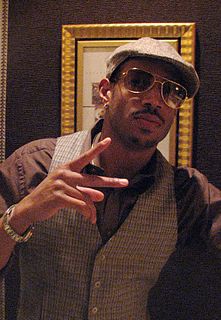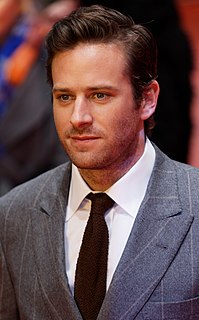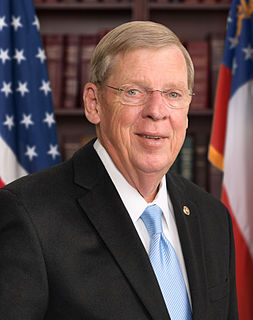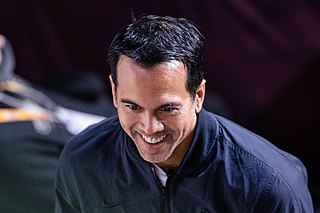A Quote by Steven Sebring
Hopefully I can inspire lots of people to learn about [Patti Smith], to read poetry or learn about William Blake or Arthur Rimbaud.
Related Quotes
When you learn to read and write, it opens up opportunities for you to learn so many other things. When you learn to read, you can then read to learn. And it's the same thing with coding. If you learn to code, you can code to learn. Now some of the things you can learn are sort of obvious. You learn more about how computers work.
You learn timing on the road. You learn structure and how to read an audience. You learn so much about the business of laughter that you can't learn on a set, because it's all on you. Sometimes you bomb, and you know not to tell that joke again... You just hope people find the humor in the awkwardness.
Searching out directors you respect and that you can learn from that's always the dream. That's the goal. That's hopefully where this whole thing is leading, and what better way to learn about directing and learn about what works and what I like and what resonates me than by working with a bunch of great directors.
I think if I were reading to a grandchild, I might read Tolstoy's War and Peace. They would learn about Russia, they would learn about history, they would learn about human nature. They would learn about, "Can the individual make a difference or is it great forces?" Tolstoy is always battling with those large issues. Mostly, a whole world would come alive for them through that book.
We can read the paper or current magazines and learn about national and world events, think about controversial subjects, learn how to disagree respectfully, and how, finally, to act on our convictions. We can read for pure delight, and if we do this as a family or classroom or other group we can build wonderful memories.
I would say there are different kinds of poems. There are things that poets in the history of poetry hit upon when they're very young that can never be outdone and it's a remarkable, strange experience when you think of say Arthur Rimbaud who write poetry between the ages of 17 and 21 whose career was over by the time he was 22.































